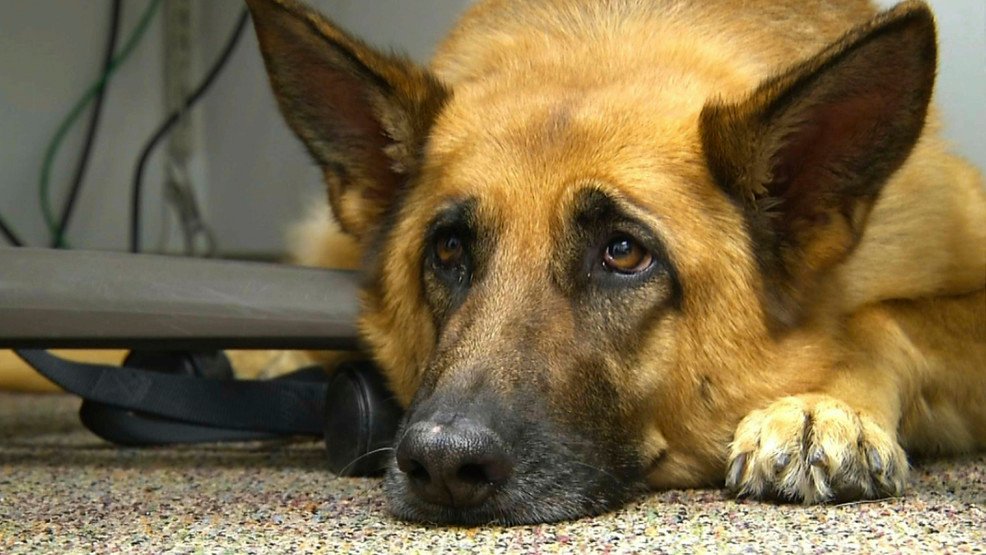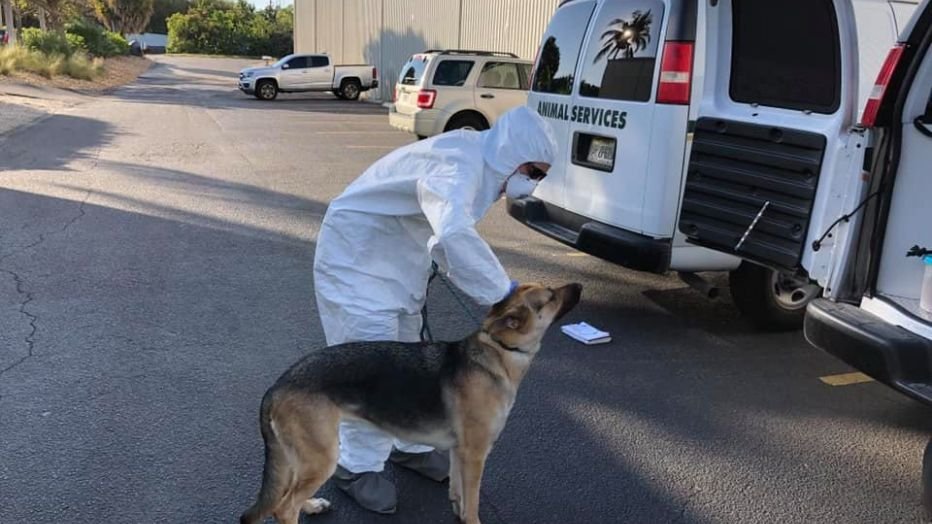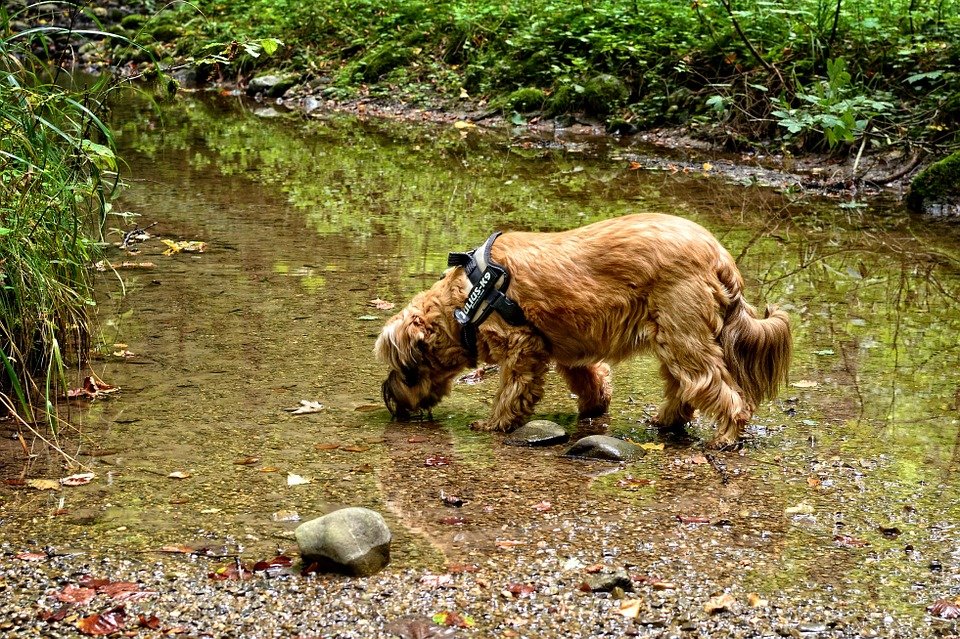Leptospirosis is a disease that is infectious and caused by a bacterium called Leptospira. The disease leptospirosis is a bacterial disease that affects a dog’s kidneys, liver, and central nervous system.
It is caused by contact with the urine of infected animals, most commonly rats, raccoons, skunks, and deer. Symptoms include fever, vomiting, diarrhea, loss of appetite, weakness, and in severe cases seizures and coma.
The disease can be fatal if not treated. Treatment includes antibiotics and supportive care. Leptospirosis is preventable with a vaccine.
The vaccine is given as a series of two shots, one month apart. Dogs that are at risk for exposure to leptospirosis should be vaccinated.

Signs and Symptoms of Leptospirosis in Dogs
Acute renal injury is a very common manifestation for canine leptospirosis in recent years. Dogs infected with leptospirosis may show these clinical signs:
- Anorexia
- Vomiting
- Abdominal pain
- Polyuria, oliguria or anuria
- Fever
- Shivering
- Muscle tenderness
- Increased thirst
- Dehydration
- Diarrhea
- Loss of appetite
- Lethargy
- Jaundice (yellowing of the “whites” of their eyes or the inside of their ears, gums, or belly skin)
If your dog is showing signs of leptospirosis, see your veterinarian immediately. Delaying treatment can cause severe kidney or liver damage and even death.
Dogs that emerge with severe kidney failure may return to baseline or progress to chronic kidney disease. Leptospirosis should be considered in any dog with a previously diagnosed chronic kidney disease that develops an “acute-on-chronic” kidney injury. Kidney damage in leptospirosis is manifested as cylinduria, proteinuria, or glycosuria.
Leptospirosis Treatment for Dogs
Before we speak about the treatment for Leptospirosis, it is good give vaccinations for your dog. The best way to protect your dog from leptospirosis is to vaccinate against it. Learn more about the leptospirosis vaccine and ask your veterinarian at your dog’s next appointment.
Also Read: What is German shepherd double coat: Single Coat vs Double Coat
Antibiotics are generally very effective in treating leptospirosis and most dogs respond quickly after starting antibiotics. There are two stages of antibiotic treatment: The first step is to quickly remove the most serious or acute infection from the body. The second stage clears the low-grade lingering infection found in carrier dogs. Your veterinarian will discuss treatment details with you.

In addition to antibiotics, dogs with severe kidney or liver damage may need to be hospitalized for intravenous fluid therapy and other treatment. The prognosis of severely infected dogs is guarded, because high infection usually causes irreversible organ damage, resulting in rapid deterioration and death despite appropriate treatment.
How do dogs get infected with Leptospirosis? And Prevention Tips
Dogs become infected and develop leptospirosis if they come in contact with infected urine, urine-contaminated soil, water, food, or bedding; By biting from an infected animal; By eating infected tissue or carcasses; And rarely, by breeding. It can also pass from the placenta to puppies through the mother dog.

Although an infected pet dog has a lower risk of infection to you and your family, there is still some risk. If your dog is diagnosed with leptospirosis, take the following precautions to protect yourself:
- Give antibiotics as prescribed by your veterinarian;
- Avoid contact with your dog’s urine;
- If your dog urinates in your home, clean the area quickly with household disinfectant and wear gloves to prevent skin contact with urine;
- Encourage your dog to urinate from standing water or areas inaccessible to people or other animals;
- Wash your hands after handling your pet.
If you are ill or have questions about leptospirosis in people, consult your doctor. If you are pregnant or have an immune system (due to medications, cancer treatment, HIV or other conditions), consult your doctor for advice.
How can you help prevent your dog from getting leptospirosis?
There are several things that dog owners can do to help protect their pets from this potentially deadly disease. One of the most important is to make sure that their dog is up-to-date on their vaccinations, as the leptospirosis vaccine is one of the most common canine vaccines. Additionally, dogs should be kept away from areas where they may come into contact with infected wildlife or water, and they should always be supervised when playing outdoors.
What is the treatment for dogs with leptospirosis?
Leptospirosis can be treated with antibiotics, but early diagnosis and treatment is essential for a successful outcome. Dogs that are infected with leptospirosis should be isolated from other animals and people to prevent the spread of the disease.
Source: avma.org

